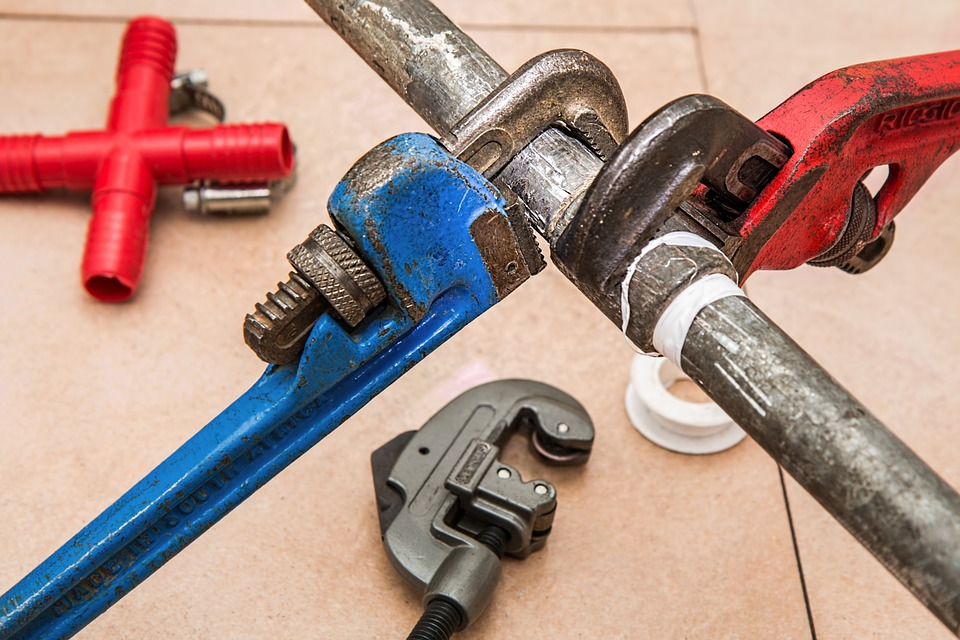Water leaks aren’t always as obvious as you may first think or assume. In fact, they can come at any time and sneak up on you when you’re least expecting it.
Use the following guide to help you detect a water leak so that you can try to minimize any damages. Leaking water should never be ignored, which means you need to have a plan of attack in place in case you experience any of these issues in your home. The more educated you are on how to identify a problem or water leak, the easier it’ll be to contain whatever’s going on while you call for help.
Observe
Your first order of business in trying to detect a water leak is to observe your home. Conduct regular walkthroughs both outside and inside and take note of anything that seems off or strange. Look for water spots or rings and notice if there’s any standing water where there shouldn’t be. By merely observing and getting to know your space better, you’ll be able to tell more quickly when an issue does arise. Get in touch with a Windsor plumbing expert right away if you observe a water leak that you’re not able to fix yourself.
Listen
Another tip for detecting a water leak in your home is to be quiet and listen carefully to your surroundings. Sometimes you’ll hear strange noises or sounds when there’s a water leak, and this will signify that you have a problem. Listen carefully for drips or even stronger gushes of water and then try to prevent it from spreading even more. Odd sounds are often an indicator that you could be dealing with an unexpected water leak that needs to be addressed.
Smell
Be mindful that bad smells or odors often occur when there’s leaking or standing water. If you ever suspect an unpleasant smell is coming from an area of your home, then it’s worth taking the time to investigate further what might be happening. Keep in mind that you don’t want to disregard an odor because it could be an indication that there’s standing water and maybe even possible mold starting to grow.
Touch
You should also be willing to get your hands dirty and touch areas of your home you think could be experiencing a water leak or plumbing complications. See if your hand or items around the area are wet or damp to the touch that you know usually are dry. Feel around and notice when carpets or walls are squishy or soft which means there could be water leaking nearby.
Use Common Sense
It’s important to remember always to use common sense when dealing with a potential water leak. Search around and get a better idea of what’s occurring and also be prepared to deal with it so you can get any mess or aftermath cleaned up and taken care of quickly. You should especially be on top of your plumbing if you own an old home or your pipes are worn out.






